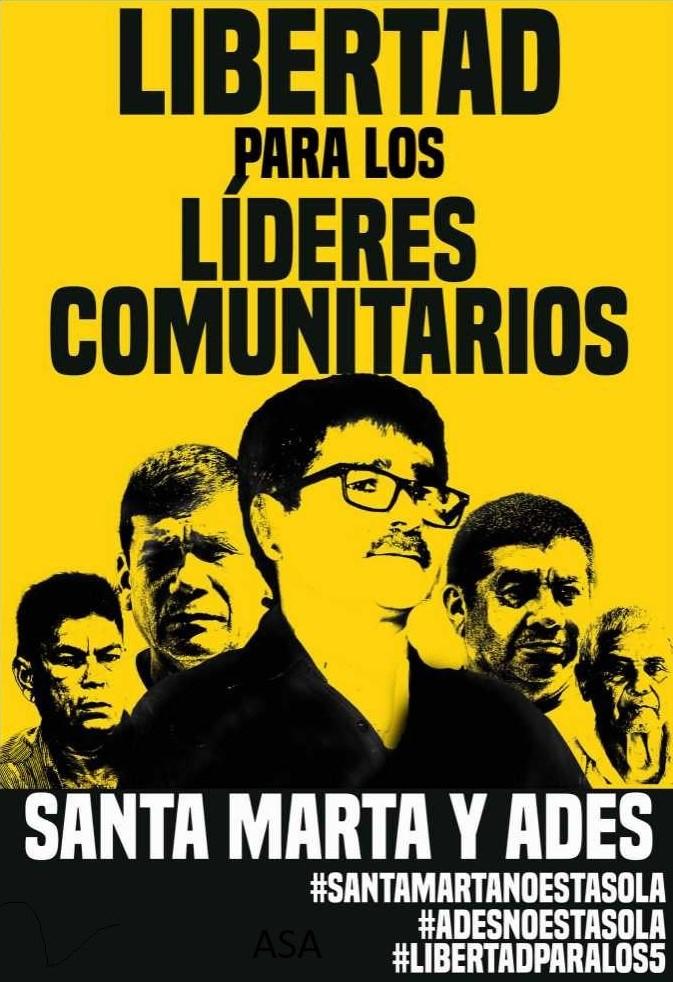In 2023, global ocean heat reached record highs, Antarctic sea ice coverage fell to record lows, and global temperatures were approximately 1.4°C above pre-industrial levels, nearing the dangerous threshold of 1.5°C. This poses a risk of irreversible damage to ecosystems and severe consequences for vulnerable populations. Governments, particularly developed nations like the United States, must urgently implement policies to reduce emissions and limit warming to below 2°C, ideally 1.5°C, by halting fossil fuel expansion.
Outdated trade and investment agreements, including Free Trade Agreements (FTAs) and Bilateral Investment Treaties (BITs) with Investor-State Dispute Settlement (ISDS) provisions, threaten efforts to reduce fossil fuel use. ISDS allows corporations to sue governments in arbitration tribunals over policies that affect their profits, often leading to costly settlements and policy rollbacks. Nearly 20% of ISDS cases are initiated by fossil fuel companies, exemplified by TC Energy suing the U.S. for $15 billion over the Keystone XL pipeline rejection and Ruby River challenging Canada's rejection of a gas facility.
ISDS poses broader threats beyond climate policy, affecting public health, labor rights, and green jobs. Civil society movements globally are campaigning against ISDS, and some countries are terminating BITs. The Biden administration has committed not to pursue new agreements with ISDS, but further action is needed.
Recommendations include:
- Stopping the expansion of ISDS by publicly opposing new agreements with ISDS provisions.
- Removing ISDS from existing FTAs and BITs through termination or renegotiation.
- Withdrawing consent to ISDS claims unilaterally or via multilateral instruments.
Addressing ISDS is crucial to protect public interest policies and support climate action. The U.S. must lead in eliminating ISDS to safeguard the planet and its people.

